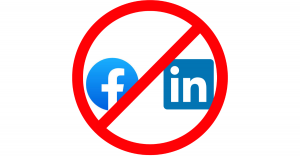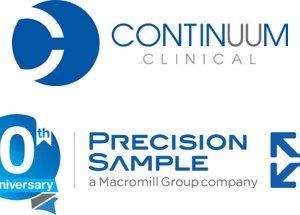
Busting Sample Supplier Myths
Busting Sample Supplier Myths:
Ensuring High-Quality Market Research Panels
Over the past decade, methods to build market research panels have evolved significantly. Technological advancements, shifts towards mobile research, and the increased use of sample exchanges over traditional panels are just a few trends that have disrupted the sample supplier field. It is now possible to launch a sample company with zero proprietary panel assets and minimal technology stacks, leveraging sample exchanges and 3rd party suppliers. The market has seen a plethora of new entrants as a result that embrace less transparency, using lower-quality sample sources and zero panelist validation to cut costs. In this blog, we’ll debunk some prevalent myths about sample suppliers and help you choose the right one for your next project.
Sample Size
The time it takes to build a market research panel can vary depending on several factors such as size, target demographics, recruitment methods, and perhaps most importantly, the desired level of panel quality. If a sample supplier you are considering is promoting a large, nationally representative panel but launched only recently or in the past few years, be sure to review their website and speak to representatives to gain a clear understanding of how they recruited their members. Use available tools such as similarweb.com to validate levels of traffic that pass through their corporate and panel domains. Cross-referencing recruitment methods a supplier has utilized over a specific time frame can reveal the quality that the sample will yield. Remember, Rome wasn’t built in a day!
Feasibility for Difficult Targets
Some sample suppliers overpromise the sample size they can deliver to win a project. While there are ways to maximize the amount of feasibility for a difficult project by broadening targeting to less targeted audiences, there are limits to the amount of audience within certain demographics that participate in surveys. If a sample supplier provides you with a quote promising you a ridiculously hard to find audience in a tight timeframe, be skeptical of their data quality and the sources they are using to fill quotas. Sample suppliers that overpromise run the risk of underdelivering, collecting duplicate respondents, or providing bot responses from poor-quality sources. Sometimes a ‘no’ is better than a ‘yes’ when it comes to feasibility.

Social Media Validation Measures
With fraud more prevalent than ever, effective validation processes are crucial. Many sample suppliers now promote the use of social media platforms like Facebook or LinkedIn to validate their panel. Prior to GDPR and the Cambridge Analytica scandal, APIs from social media platforms were rich with data that could be used to validate respondents. Now they provide first name and email only. On the surface they seem like an advanced way to ensure respondent validity, but it is very easy to create fake accounts on these platforms to cheat the validation process. The days of using social media as a method for panelist validation have long since passed and will not return. High quality vendors are now using much more sophisticated methods including Know Your Customer (KYC) identify validation with facial recognition, manual validation via phone interviews, domain expertise testing, profile consistency data checks and more. Request detailed quality measure outlines from potential sample suppliers.

Conclusion: Be Smart in Selecting Vendors
While many sample suppliers appear to offer similar services, their quality, methodology, and respondent scoring can vary significantly. Sample exchanges can provide access to low-cost sample but are essentially unmanaged sources. Successful projects often require the expertise of skilled project managers utilizing a hands-on approach, validated panels and significant technology investments to identify and block fraud. Be sure to ask questions regarding recruitment process, validation measures, and sample sources used prior to awarding a project to ensure the best possible results. And to gain a deeper understanding of a sample supplier’s process, visit their panelist website (you’ll be surprised to find that many suppliers that claim to have proprietary panel don’t even have one or they do but there is minimal traffic!), register as a member, and take a few surveys yourself!
Essential Inquiries for Potential Suppliers
- Recruitment Process: How do you attract and retain panel members?
- Validation Methods: What steps and technologies do you take to ensure data quality and prevent fraud?
- Sample Sources: Where does your sample come from, and how are they managed?
Please let us know in the comments if there are any sample supplier myths we may have left out!
Contact us at sales@precisionsample.com for more information about our process or to learn more about the panels we offer.













